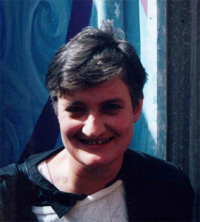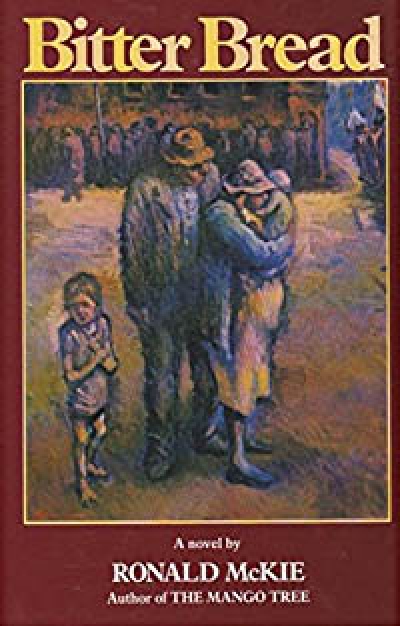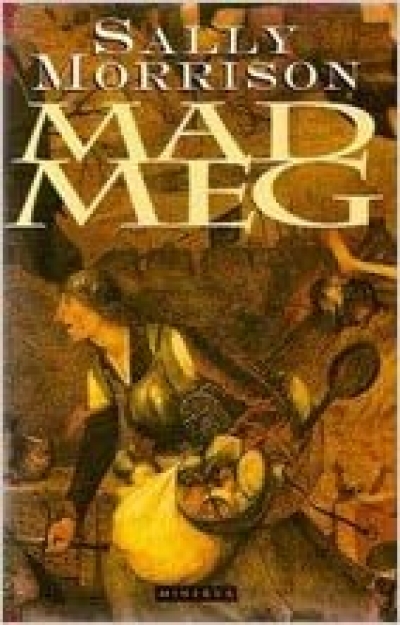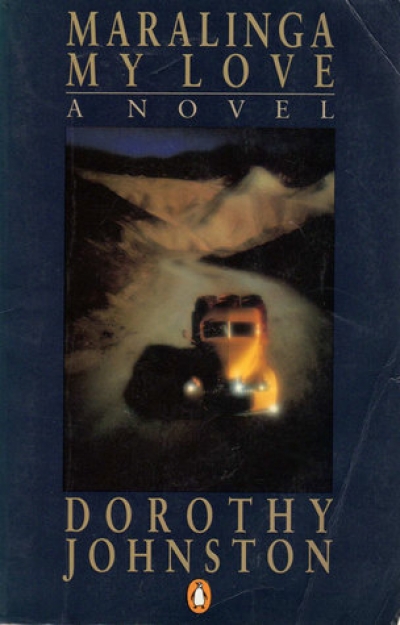Helen Daniel

Helen Daniel was Editor of ABR from 1995 to 2000.
In The Mango Tree, McKie captured through a rich and tightly controlled prose the pain and bewilderment attendant on the shifting of a child’s consciousness towards the adult. At the same time, he evoked the shapes and textures of the remembered world of a Queensland town, of a way of life in the act of changing, with a muted note of lament. In Bitter Bread, there is a curious mixture of the mel ... (read more)
Literary culture in Australia seems to me to be in state of some disorder, not least because of the state of reviewing. Many reviews are banal, slipshod, dull and as if written in a cultural vacuum.
Too many reviews pay no heed to context and little heed to the reader. Too many are dull and predictable reading, with opinions played out safely – so safely there is little to focus the reader’s ... (read more)
Midway through Sally Morrison’s new novel, Mad Meg, I began to develop the scissor twitch, an almost overwhelming urge to cut it up and reassemble it into a new structure. Not quite the vandalism it suggests – I read Mad Meg in galley pages, which encourages scissorly desires. It is a vast, kaleidoscopic novel, which opens with a wonderful mischievous energy, full of surprises and pleasures, a ... (read more)
Among the stories by seven women writers in the recent collections, Canberra Tales, there is a haunting story by Dorothy Johnston, in which, in the improbable setting of contemporary Canberra, she conjures up the figure of a mythical boatman rowing across the waters of Lake Burley Griffin. The image lingers, shimmering and numinous.
... (read more)
In an interview in this issue about his new novel, The Sitters, which is about a portrait painter, Alex Miller suggests the novel is almost
a continuous monologue. almost something he shouted to himself while he was working. The Sitters is this kind of shouted monologue: this man shouting at himself, to himself, listening while he is painting, listening to the sounds of himself painting.
... (read more)
Recently I have had a number of enquiries from readers who want to submit books for review hand the enquiries came from people unfamiliar with the reviewing process. So for those readers who are unfamiliar with the reviewing process, a few words about it.
First the publishers send us copies of their books in the hope that they will be selected for review. That applies also to self-published books ... (read more)
Cosy was the word Cassandra Pybus preferred when asked if Australian reviewing is too bland – the topic of this month’s symposium. Something intimate and specially friendly. In identifying the cosiness of some Australian reviewing, Pybus makes a telling point, if droll, certainly not excluding ABR from the offenders. I have to say that among the other responses were some that were bland, in a ... (read more)
Last month’s editorial on reviewing and its ailments in Australia seems to have touched a few raw nerves. Various reviewers have enquired nervously about whether I was referring to them, for instance. On the other hand, as a result of the editorial, I have held a number of valuable conversations about the state of reviewing in Australia. Alas this is not reflected in the Letters pages of this is ... (read more)
Just what is the difference between a reviewer and a critic? It seems a question of status, based in turn on the frequency and quality of the reviewing. On the other hand, the critic is suggestive of reflective articles and/or books, whereas the reviewer is offering a first reading, a virginal reading so to speak, without the opportunity for prolonged reflection. Nor properly should there be such ... (read more)




